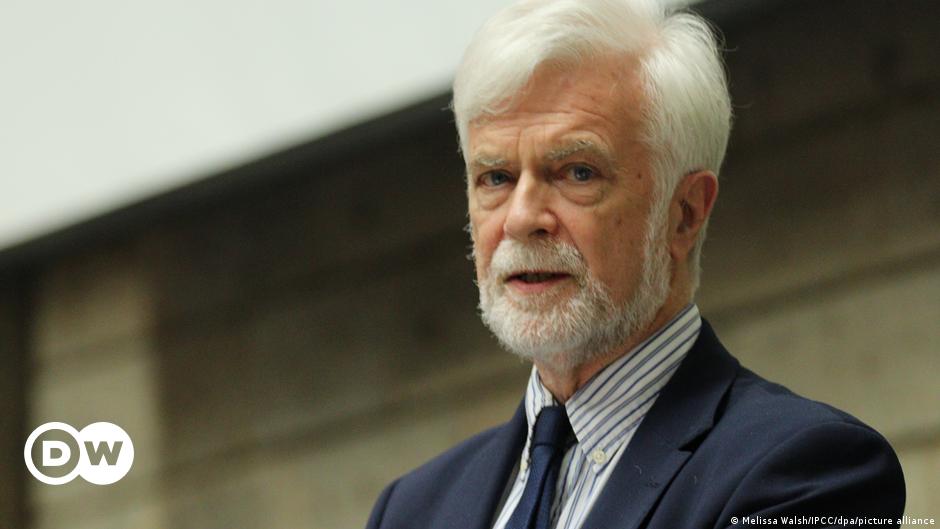In short, we aren’t on track to an apocalyptic extinction, and the new head is concerned that rhetoric that we are is making people apathetic and paralyzes them from making beneficial actions.
He makes it clear too that this doesn’t mean things are perfectly fine. The world is becoming and will be more dangerous with respect to climate. We’re going to still have serious problems to deal with. The problems just aren’t insurmountable and extinction level.



No, this is a misunderstanding. Cargo ships are a major source of sulphur pollution, not carbon. Cargo ships use the cheapest fuel they can. Cheap fuel is rich in sulphur. They can do this because there are no emission regulations on the open sea. A commonly cited figure is that a single cargo ship releases more sulphur than all the cars in North America.
This figure is then misinterpreted by people who failed basic chemistry to mean that cargo ships are a major contributor to greenhouse gas emissions. In reality, the opposite is true; cargo ships are one of the most efficient ways to move stuff over large distances. Only electric trains are better, and only if the source of the electricity is not fossil.
Perhaps I too failed basic chemistry, but I do believe you are grossly incorrect – maritime shipping is a massive contributor to CO2 emissions:
Source: https://www.washingtonpost.com/climate-environment/2022/06/06/shipping-carbon-emissions-biden-climate/
Source: https://www.sciencedirect.com/science/article/pii/S2352484722020261
What makes you think that? None of the sources you provide disagree with what I wrote.
Perhaps it’s just poor word choice or phrasing, but it reads like you mean that “the opposite is true” in that they are NOT a major contributor to greenhouse gas emissions, when in fact they are a huge contributor, more than California and Texas combined.
Fair.
The point was not to imply that shipping is not a large source of CO2, but:
I dunno, maritime shipping producing more CO2 than California and Texas combined seems like a pretty big CO2 polluter to me, and we have to reduce where we can, ~4% is still a good start.
It actually is low hanging fruit. For 4000 years the human race engaged in maritime trade and commerce using solely wind powered vessels, and humanity thrived just fine without internal combustion engines. We could easily go back to clipper ships or design a wind-powered vessel based on shipping containers.
But efficiency will go down drastically! Transit times will increase massively! Yes, but these aren’t existential threats. So people have to wait a bit longer to receive their shiny new laptops or Steam Decks, big deal. Maybe Norway won’t have bananas anymore, not a big loss.
The real problem with climate change is that nobody wants to drastically inconvenience their modern lifestyle. Unfortunately, given the short window available to do something meaningful, drastic action is necessary which will result in large inconveniences and disruption for billions of people, but nobody wants that, and no politician will get elected selling that.
I think you and I have different definitions of that word.
Correct.
Perhaps we do. I meant “easily” in that the tech is already there, nothing needs to be invented. We could start building clipper ships again tomorrow, or design a clipper to hold TEUs. It’s a much “easier” problem than converting all commercial lorries and personal autos to electric, across all countries, even 3rd world ones.
Who’s “we”? You’re referring to some kind of collective humanity, but so such collective exists in the real world. There is no grand effort to work together to solve common problems.
You’re ignoring the fact that sailing ships cannot compete with fossil power. Any problem becomes easy if you’re willing to ignore reality.